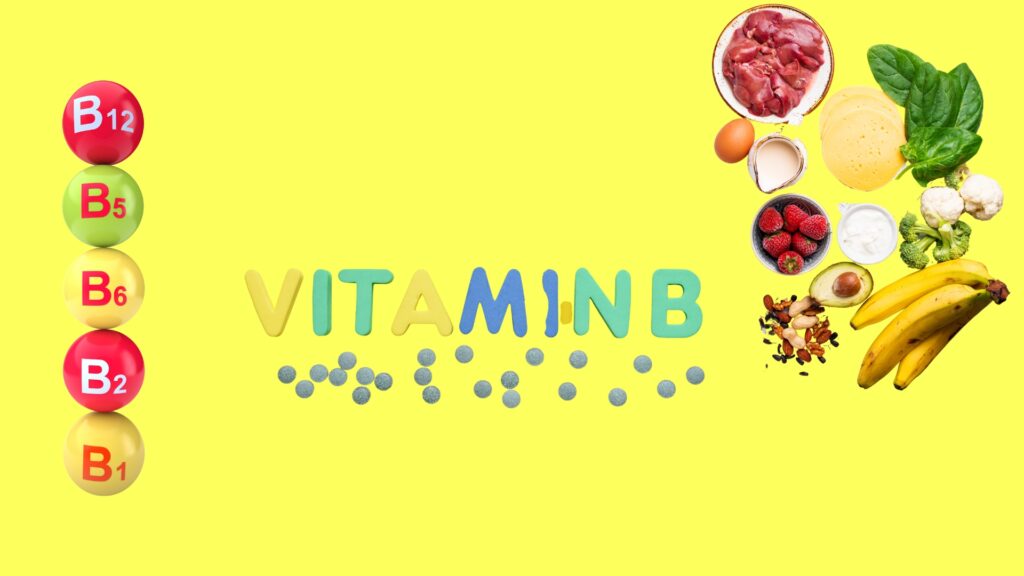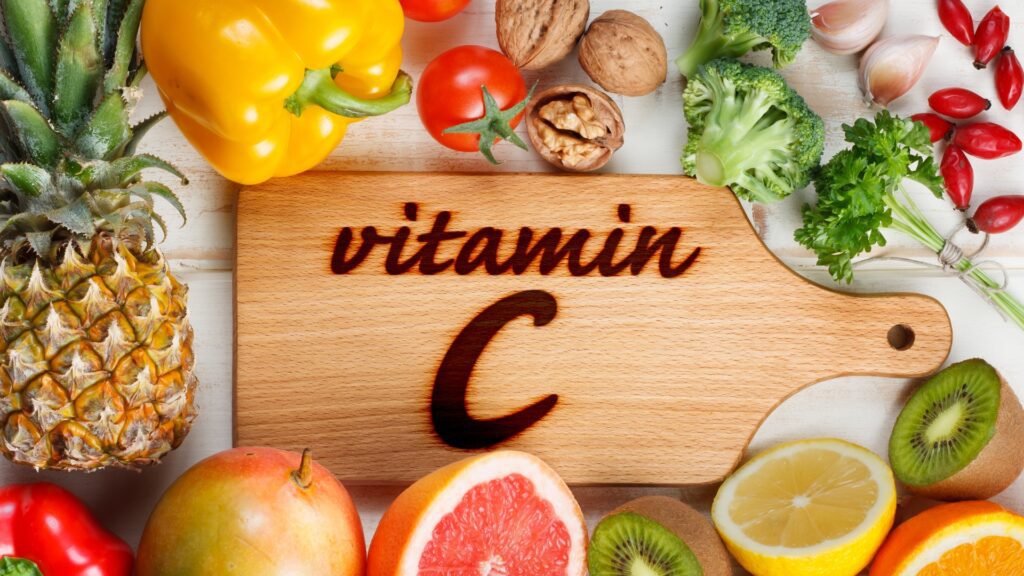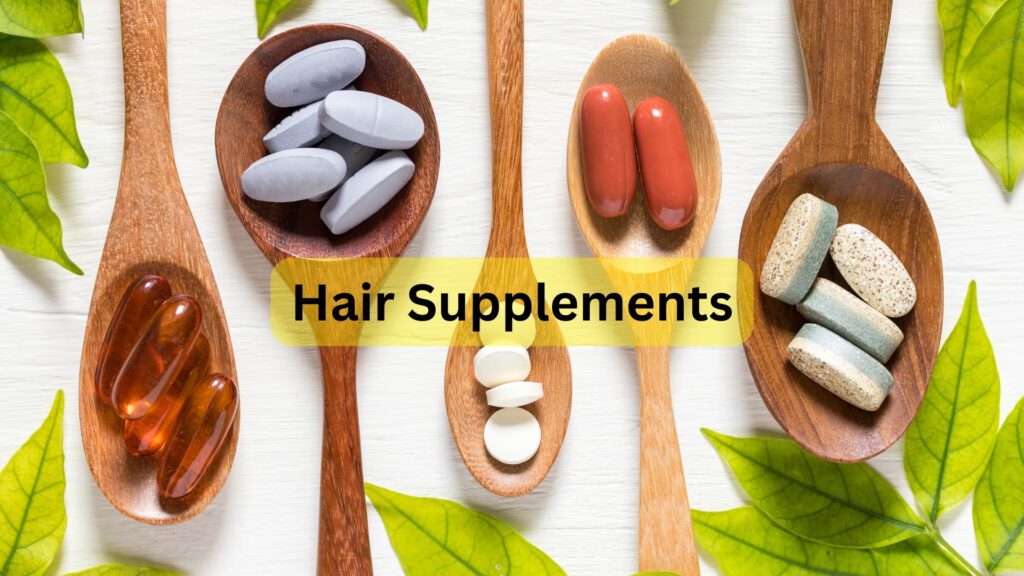Hair loss is a common concern for many individuals, impacting not only their physical appearance but also their self-esteem and confidence. While genetic factors, hormonal imbalances, and stress are often attributed to hair loss, a surprising link has emerged that sheds light on the role of vitamin deficiency in this issue. In this article, we will delve into the intricate relationship between hair loss and inadequate vitamin intake, exploring which vitamin deficiency causes hair loss and help in maintaining healthy hair growth.
Understanding the Basics of Hair Growth to know which vitamin deficiency causes hair loss
Before we delve into the impact of vitamin deficiency on hair health, it is essential to comprehend the basics of hair growth. Hair follicles, tiny structures located in the skin, are responsible for producing hair. The hair growth cycle consists of three main phases: anagen (growth phase), catagen (transitional phase), and telogen (resting phase). Each hair strand on our scalp undergoes this cycle independently, with an average person losing approximately 50-100 hairs per day.
Let’s see which vitamin deficiency causes hair loss
Vitamins play a crucial role in maintaining the overall health of our hair. Deficiencies in essential vitamins can disrupt the hair growth cycle, leading to issues such as hair thinning, shedding, or even baldness. Let’s explore which vitamin deficiency causes hair loss and are vital for healthy hair growth:
Vitamin A

- Vitamin A is essential for the growth and development of cells, including hair follicles.
- However, excess intake of Vitamin A can have adverse effects on hair health, leading to hair loss.
B Vitamins

- The B vitamin complex, which includes Biotin (B7), Niacin (B3), and Cobalamin (B12), is crucial for healthy hair growth.
- Biotin, in particular, is known for its role in strengthening hair strands and promoting growth.
Vitamin C

- Vitamin C is a powerful antioxidant that aids in the absorption of iron, a mineral essential for hair growth.
- It also helps in the production of collagen, a protein vital for maintaining the structure of hair follicles.
Vitamin D

- Vitamin D plays a crucial role in promoting hair follicle cycling and regulating hair growth.
- Deficiency in Vitamin D has been linked to alopecia, a condition characterized by hair loss.
Vitamin E

- Vitamin E is known for its antioxidant properties, which help in reducing oxidative stress on hair follicles.
- It also enhances blood circulation to the scalp, promoting healthy hair growth.
Signs of Vitamin Deficiency and Hair Loss
Recognizing the signs of vitamin deficiency can help in addressing hair loss issues effectively. Some common symptoms of vitamin deficiency that may contribute to hair loss include:
- Brittle, dry hair
- Excessive hair shedding
- Slow hair growth
- Premature graying of hair
- Thinning of hair
- Scalp issues such as dandruff or dryness
If you are experiencing any of these symptoms, it is advisable to consult a healthcare professional for a comprehensive evaluation and diagnosis.
You may also like to care for your hair in winters.
Addressing Hair Loss Through Proper Nutrition
Incorporating a balanced diet rich in essential vitamins and nutrients is crucial for maintaining healthy hair growth. Here are some dietary recommendations to prevent vitamin deficiency and promote optimal hair health:
Include Vitamin-Rich Foods in Your Diet

- Consume foods rich in Vitamin A such as sweet potatoes, carrots, and spinach.
- Incorporate B vitamin sources like eggs, nuts, leafy greens, and whole grains into your meals.
- Boost your Vitamin C intake with citrus fruits, bell peppers, and strawberries.
- Consider adding Vitamin D-fortified foods like fatty fish, dairy products, and fortified cereals to your diet.
- Include Vitamin E sources such as almonds, sunflower seeds, and spinach in your meals.
Consider Supplements

- In cases where dietary intake may not suffice, supplements can be a valuable addition to address specific vitamin deficiencies.
- Consult a healthcare provider before starting any new supplement regimen to ensure it is safe and effective for your individual needs.
Practice Good Hair Care Habits
- Avoid excessive heat styling, chemical treatments, and tight hairstyles that can damage hair follicles.
- Use gentle shampoos and conditioners suited for your hair type to maintain scalp health.
- Regularly massage your scalp to stimulate blood flow and promote hair growth.
The Bottom Line
Hair loss can be a distressing experience, but by understanding the link between hair loss and vitamin deficiency, you can take proactive steps to promote healthy hair growth. Ensuring adequate intake of essential vitamins through a balanced diet, supplements, and proper hair care practices can significantly impact the overall health and appearance of your hair. Remember, small changes in your lifestyle and nutrition habits can make a big difference in combating hair loss and achieving luscious, vibrant hair.
So, the next time you notice signs of hair loss, consider evaluating your vitamin intake and making necessary adjustments to support your hair health journey. Let’s nourish our hair from within and embrace a vibrant mane that exudes confidence and vitality!


Pingback: How to Stop Hair Fall in Winter - 15 Proven Tips!